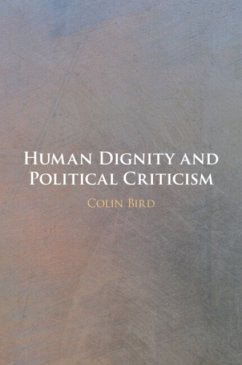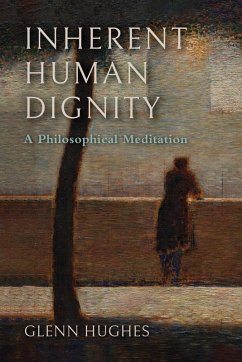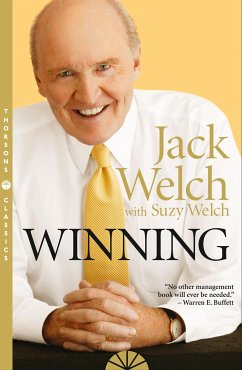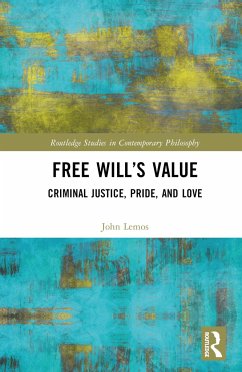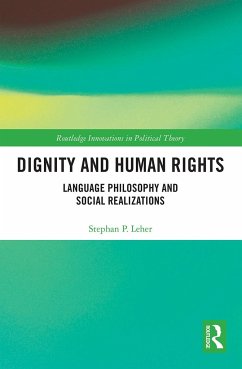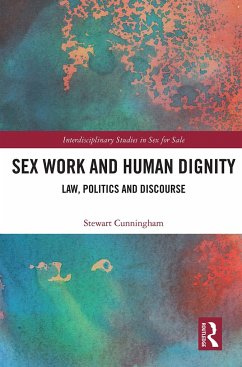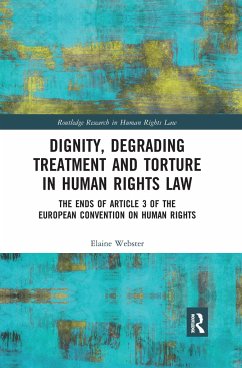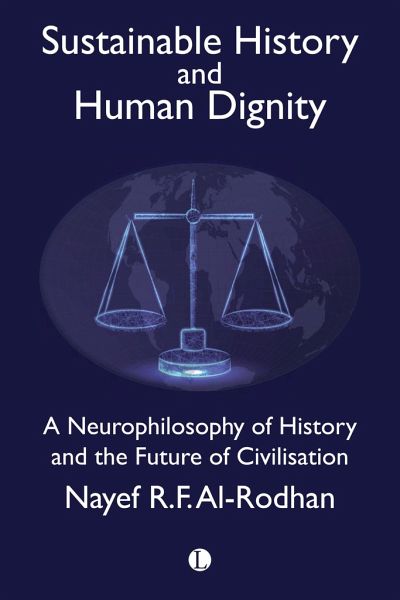
Nayef Al-Rodhan
Broschiertes Buch
Sustainable History and Human Dignity
Versandkostenfrei!
Versandfertig in 1-2 Wochen

PAYBACK Punkte
0 °P sammeln!




A new model for good governance balancing human nature with human needs.
Professor Nayef Al-Rodhan is a Neuroscientist, Philosopher and Geostrategist. He was educated at the Mayo Clinic, Yale University and Harvard University, and is now an Honorary Fellow of St. Antony's College, Oxford, Senior Fellow and Head of the Geopolitics and Global Futures Programme at the Geneva Center for Security Policy, Senior Research Fellow at the Institute of Philosophy, School of Advanced Studies, University of London, and a member of the Council on Frontier Risks at the World Economic Forum (WEF). He is a Prize winning scholar, and was voted amongst the top 30 most influential neuroscientists in the world. He has written 22 books and 250 articles.
Produktdetails
- Verlag: James Clarke & Co Ltd
- Seitenzahl: 504
- Erscheinungstermin: 1. Januar 2022
- Englisch
- Abmessung: 234mm x 156mm x 28mm
- Gewicht: 746g
- ISBN-13: 9780718895716
- ISBN-10: 0718895711
- Artikelnr.: 61287037
Herstellerkennzeichnung
Die Herstellerinformationen sind derzeit nicht verfügbar.
Für dieses Produkt wurde noch keine Bewertung abgegeben. Wir würden uns sehr freuen, wenn du die erste Bewertung schreibst!
Eine Bewertung schreiben
Eine Bewertung schreiben
Andere Kunden interessierten sich für


